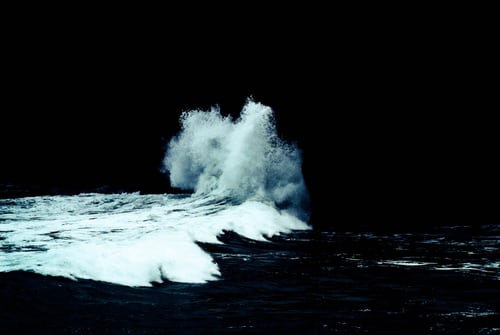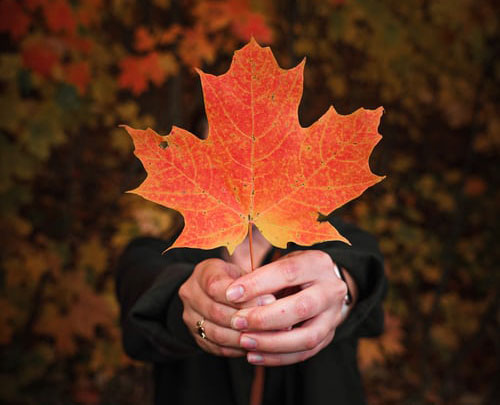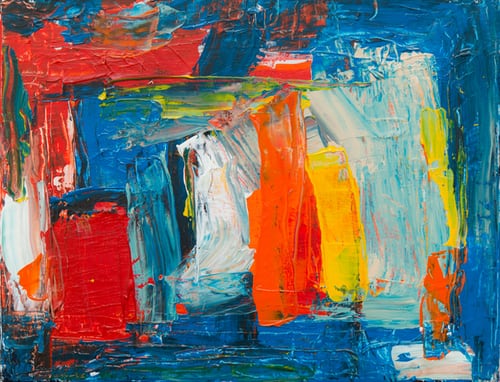
VOLUME 2 – ISSUE 1, Nov 2020
Feature Article by Ken McFarlane
and much more…
Editors Introduction
It was the best of times, it was the worst of times, it was the age of wisdom, it was the age of foolishness, it was the epoch of belief, it was the epoch of incredulity, it was the season of Light, it was the season of Darkness, it was the spring of hope, it was the winter of despair, we had everything before us, we had nothing before us, we were all going direct to Heaven, we were all going direct the other way – in short, the period was so far like the present period, that some of its noisiest authorities insisted on its being received, for good or for evil, in the superlative degree of comparison only.
— Charles Dickens
A Tale of Two Cities
Authored in 1859, but apropos in 2020, a time when our caring for others deepened, when our ignorance cost lives, when scientists collaborated worldwide, when authoritarian leaders distorted reality, when democracy was defended and civil society undermined, when light broke through and darkness rolled in, when vaccines promised relief and the second wave of a pandemic took hold, when spring held out hope and winter threatened despair ….
During this strange and liminal period I am proud to introduce the first issue of the second volume of the GTEC Reader. Each in their own way, the contributors to this volume mark out the territory of the climate crisis of which COVD-19 is a precursor. In a biographical tale Tom Culham accounts for the emergence of the values that guide his understanding of the climate crisis and its solutions. Linda Thyer highlights the many ways in which the climate crisis is a crisis of health and well-being, including mental health.
Economist and entrepreneur Ken McFarlane empathizes with the millennial generation’s angst while cautioning against blindly throwing money at the climate crisis. Covid raconteur Ross Thrasher compares the dynamics of the Spanish Flu and the waves of COVID-19 now underway. In my article I speak about the connection between indigenous reconciliation and solutions to the climate crisis. In Paint, Line and Word GTEC is delighted to publish poems by one of BC’s premier poets, Bill Bissett, and Naropa poet, Mary Kean.
Also, for readers who have an interest in novel reading and writing I would like to recommend an excellent new publication called Novel Slices – https://www.novelslices.com/ . Each issue includes 5 winning novel excerpts across a variety of styles and genres.
FEATURE STORY
Climate Change Deficits
Around the world, people – particularly Millennials — are hitting the streets and social media with a barrage of information and demands regarding climate change. The size and passion of…
The Health Effects of Climate Change
2020 has been a challenging year for most of us. When we look back on it from the future, it will likely be defined by Covid-19. The SARS-CoV-2 virus has…
COVID-19: How Many Waves?
There are eerie parallels between COVID-19 and the Spanish flu epidemic that swept across the planet a century ago. “From February 1918 to April 1920, it infected 500 million people…
Safety, Clean Air and Water
Toronto in the 1960s Air Pollution This story starts in 60’s in Toronto Ontario where I lived as a young boy. In those days there were no seatbelts in cars…
Indigenous Reconciliation for Real
“Redemption preserves itself in a small crack in the continuum of catastrophe.” Walter Benjamin Although the Trudeau government continues to promise further steps toward Indigenous reconciliation and allocate funding to…
Paint, Line and Word
Aubade – Vancouver – Mary Kean This morning is a morning for hot sweet tea, the sky so gray it’s almost white, yet dark, and our commons, Braemar Park, flat…
ABOUT THE AUTHORS
Tom Culham
Tom is a Lecturer and researcher at the Simon Fraser University, Beedie School of Business. Previously, Tom was the founder and director of the City University in Canada, Bachelor of Management degree program (BAM).
Linda Thyer
Linda is a Vancouver based physician and member of the GTEC Board of Directors with longstanding interests in the health impacts of the climate crisis.
Ken McFarlane
Ken McFarlane’s academic and professional background is in economics and law. He is a Rhodes Scholar and has been an associate at several major thinktanks, including the Brookings Institution. Ken is the founder of the Katalysis Group Inc., involved in the development and implementation of nine successful industrial technology ventures in Europe and North America over the course of twenty years.
Ross Thrasher
Ross has enjoyed a 30-year career as a librarian at post-secondary institutions in Canada, the U.S. and the South Pacific. Most recently he served for eight years as Library Director at Mount Royal College in Calgary, leading the library’s transition to university status. In retirement Ross maintains an active interest in literature, travel and the performing arts.
Arden Henley
Arden is the founding chair of the Green technology Education Centre and editor of the GTEC Reader. He is a past Vice President of City University of Seattle in Vancouver, and Principal of Canadian Programs. Arden has a BA from McMaster, an MA from Duquesne in Pittsburgh and a Doctorate in Education Leadership from SFU.
Bill Bissett
One of BC’s pre-eminent poets, Bissett uses unusual orthography and incorporates visual elements in his printed poetry, and his performance of “concrete sound” poetry, sound effects, chanting, barefoot dancing and playing a maraca during his poetry readings. Themes in his work range from the mystical to the mundane, incorporating humour, sentimentality, and political commentary. Jack Kerouac referred to Bill Bissett as one of “the great poets”.
Mary Kean
Mary Kean recently retired from practicing couple and family counseling in Vancouver and teaching in the City U Canada, Masters of Counseling Program which she assisted in founding. Formerly a faculty member of the Jack Kerouac School of Disembodied Poetry at Naropa University, Mary’s publications include a book of poems entitled Critical Minutes. She was anthologized in Beneath a Single Moon, a collection of contemporary Buddhist poetry introduced by Gary Snyder.







